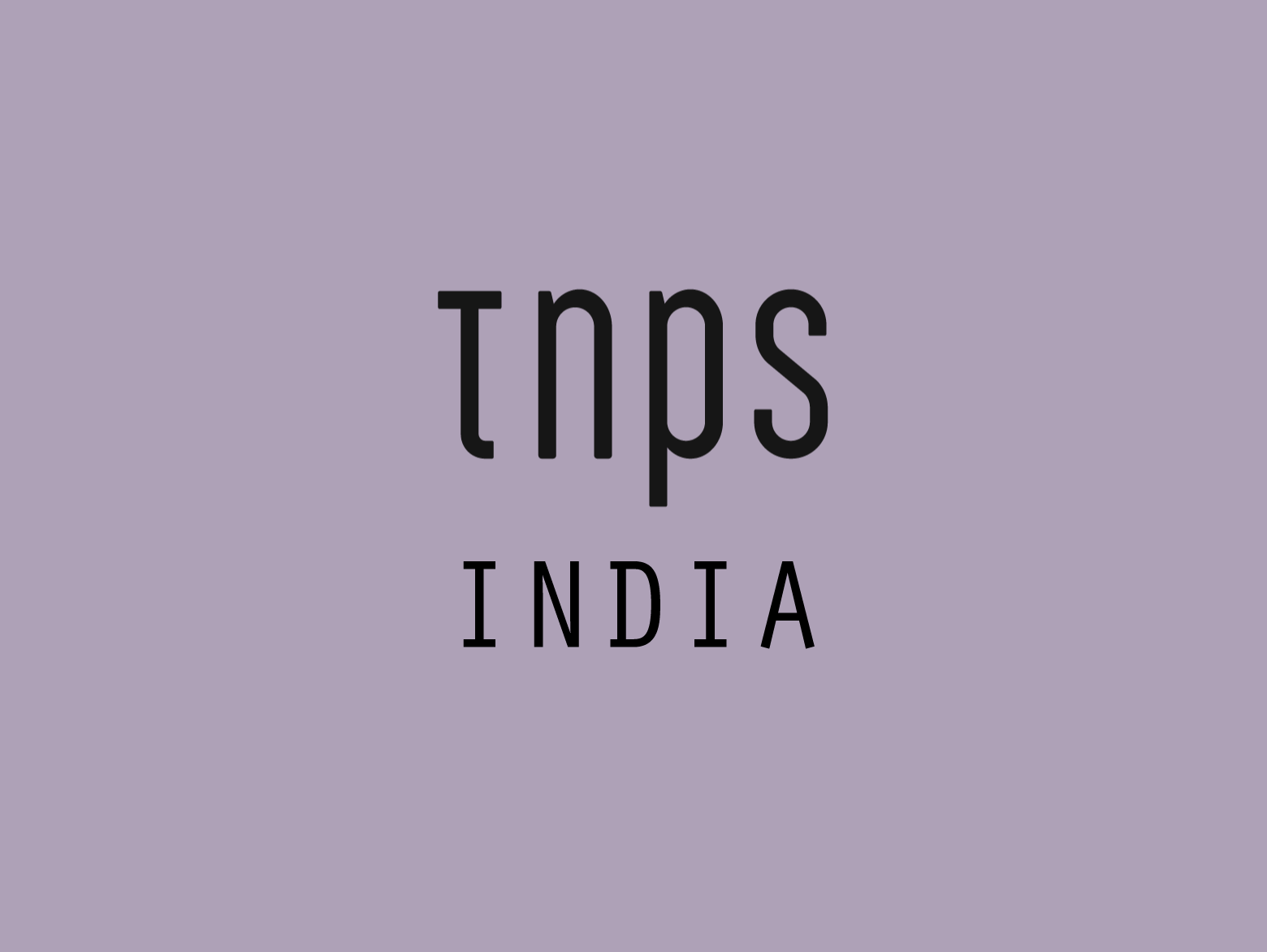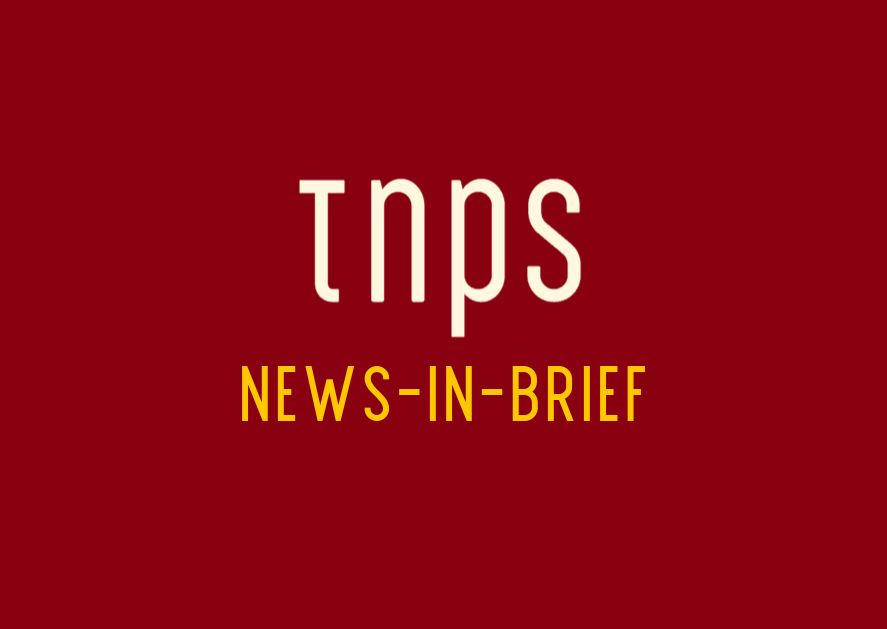“Book fair rakes in Rs 8 crore with 7 lakh footfall ” is the headline in the Times of India this week, reporting on the first five days of the Kolkata International Book Fair.
The Indian notation equates to 700,000 visitors at the event up until Monday, spending over 80 million rupees ($1.1 million) on books.
The volume of books sold isn’t recorded but as books in India are inexpensive at the best of times, and will be discounted at the fair, we can safely assume large numbers of books are changing hands.
This despite the presence of at least one online library stall at the fair allowing booklovers to download books for free using QR codes.
The National Digital Library of India (NDLI) in partnership with IIT Kharagpur is offering,
a huge catalogue of free content in over 300 languages as books, papers, theses, audio books, simulations, short-stories and multiple other formats.
The stall at the Kolkata event is being sponsored by the Ministry of Human Resource Development.
The Kolkata fair organisers historically have taken a dim view of e-reading, railing against people turning to their smartphones instead of ink and paper, which is perhaps understandable given the Kolkata event relies on its reputation as one of the largest book fairs in the world, and that requires people to attend and buy books at the event, not download them at their convenience.
But said organisers are the Publishers and Booksellers Guild, which perhaps presents a dilemma that needs addressing. While the booksellers will be understandably in favour of print, publishers stand to gain most by having their books available as widely as possible in as many formats as possible.
And nowhere more so than in a country with almost a half billion people online.
Tomorrow, 7 February, the Kolkata Literature Festival will launch for three days within the Kolkata International Book Fair, and should see attendance surge.





